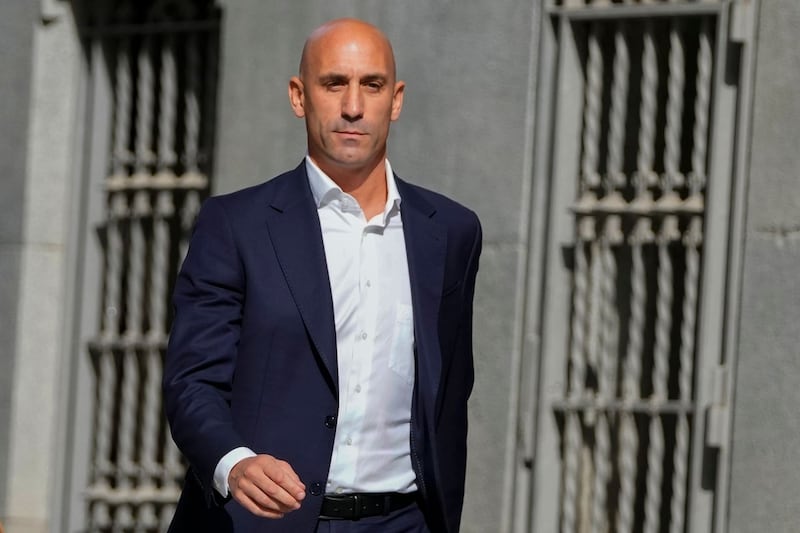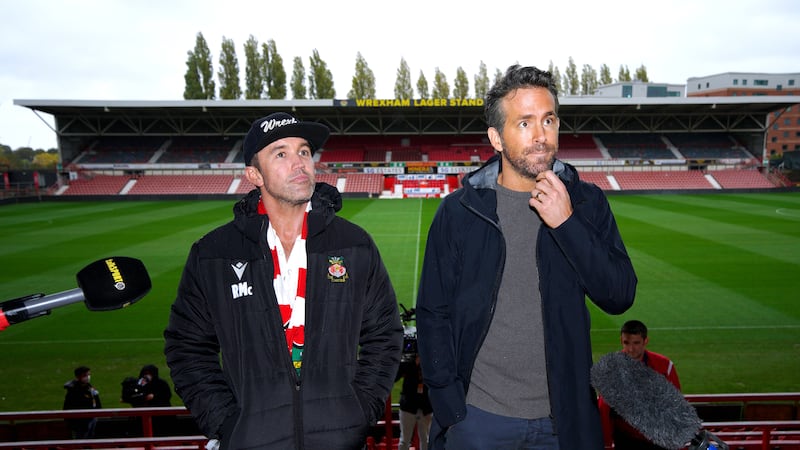The majority of Spain’s World Cup-winning squad have agreed to end their boycott after “profound changes” to the Spanish football federation were promised, according to National Sports Council president Victor Francos.
A decision was reached in the early hours of Wednesday morning following a lengthy meeting between the players, RFEF officials and CSD in a hotel in Oliva.
Fifteen players of the group from this summer’s tournament were on Monday named in new head coach Montse Tome’s squad for the Nations League encounters with Sweden and Switzerland.
But 21 of the 23-player contingent had already stated they would not play for their country again until major changes had occurred within the RFEF, in the wake of former president Luis Rubiales kissing Spain forward Jenni Hermoso on the lips during the medal ceremony in Australia.
The threat of sanctions to the squad for potentially refusing to play for their country had been raised, but an agreement was finally reached with Francos confirming the news after the meeting.

“We’ve had several meetings that were conducted in an extremely cordial atmosphere in which people were able to speak freely,” Francos said, according to Spanish sports newspaper AS.
“We covered all issues. In terms of conclusions: firstly, we’ve reached a series of agreements that will be signed tomorrow by the RFEF and the CSD.
“Furthermore, a mixed commission will be created involving three parties – the federation, the CSD and the players – to monitor the (implementation) of those agreements, which are related to the development of Spain’s sports law in terms of gender policies, pay equality and furthering the infrastructure of women’s sport.
“The players also conveyed to us the need to make profound changes (in personnel at the RFEF). These changes are to happen immediately, and will be announced by the RFEF.”
Amanda Gutierrez, president of players’ union FUTPRO, was also present at the meeting, and was quoted by AS as saying: “It is considered a rapprochement of positions. It is the beginning of a long road that lies ahead of us.
Twenty-one players are to stay with Montse Tomé's Spain squad after late-night talks yielded agreements over changes at the RFEFhttps://t.co/8FZ1tVbOXc
— AS USA (@English_AS) September 20, 2023
“(The players), once again, have shown themselves to be coherent and the vast majority have decided to make the decision to stay for the sake of this agreement.”
The players had reluctantly turned up for duty on Tuesday amid talk of fines or suspension under Spanish sports law for “unjustified lack of attendance”, with Hermoso accusing RFEF of intimidation in her own statement on Tuesday.
Goalkeeper Misa Rodriguez also answered “no” when asked by reporters if she was happy to be part of Tome’s squad when a group of Madrid-based players met at a hotel in the Spanish capital before they travelled to their nation’s training base near Valencia.
However, lengthy talks between the players, RFEF and CSD officials resulted in the boycott ending, although two players will leave the camp ahead of Friday’s match in Sweden.
Francos added: “Two players have said they aren’t in the right frame of mind and have asked to leave the squad. Twenty-one players have expressed their desire to stay.”

Later on Wednesday the RFEF confirmed the men’s and women’s Spanish national teams would now share a single logo and branding – Seleccion Espanola de Futbol – translating to ‘Spanish national team’.
The president of the RFEF management commission Pedro Rocha said: “Beyond a symbolic step, we want it to imply a change in concept, and the recognition that football is football, practised by whoever practises it.
“We believe that making it clear that the two teams are equal also allows us to move towards a more egalitarian conception of football.”


